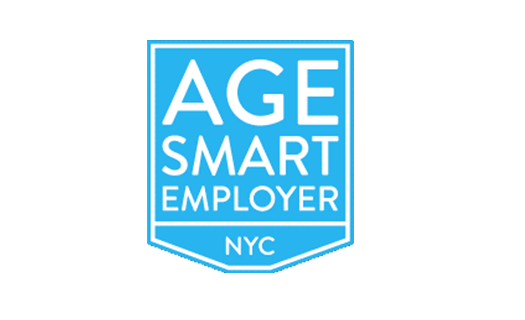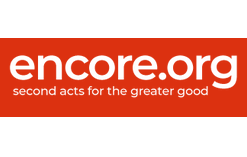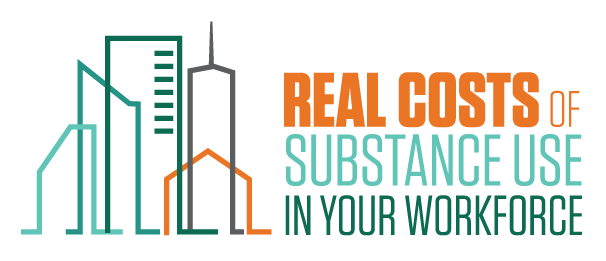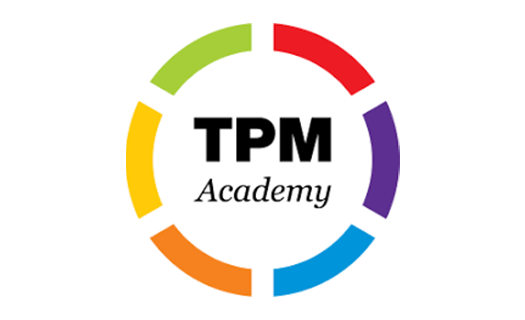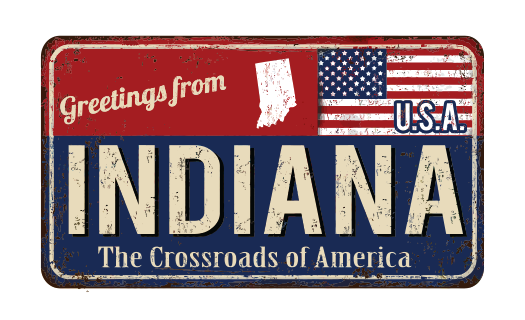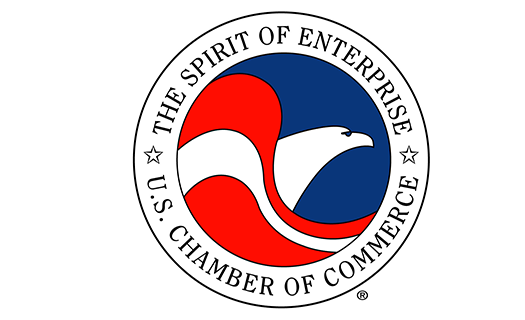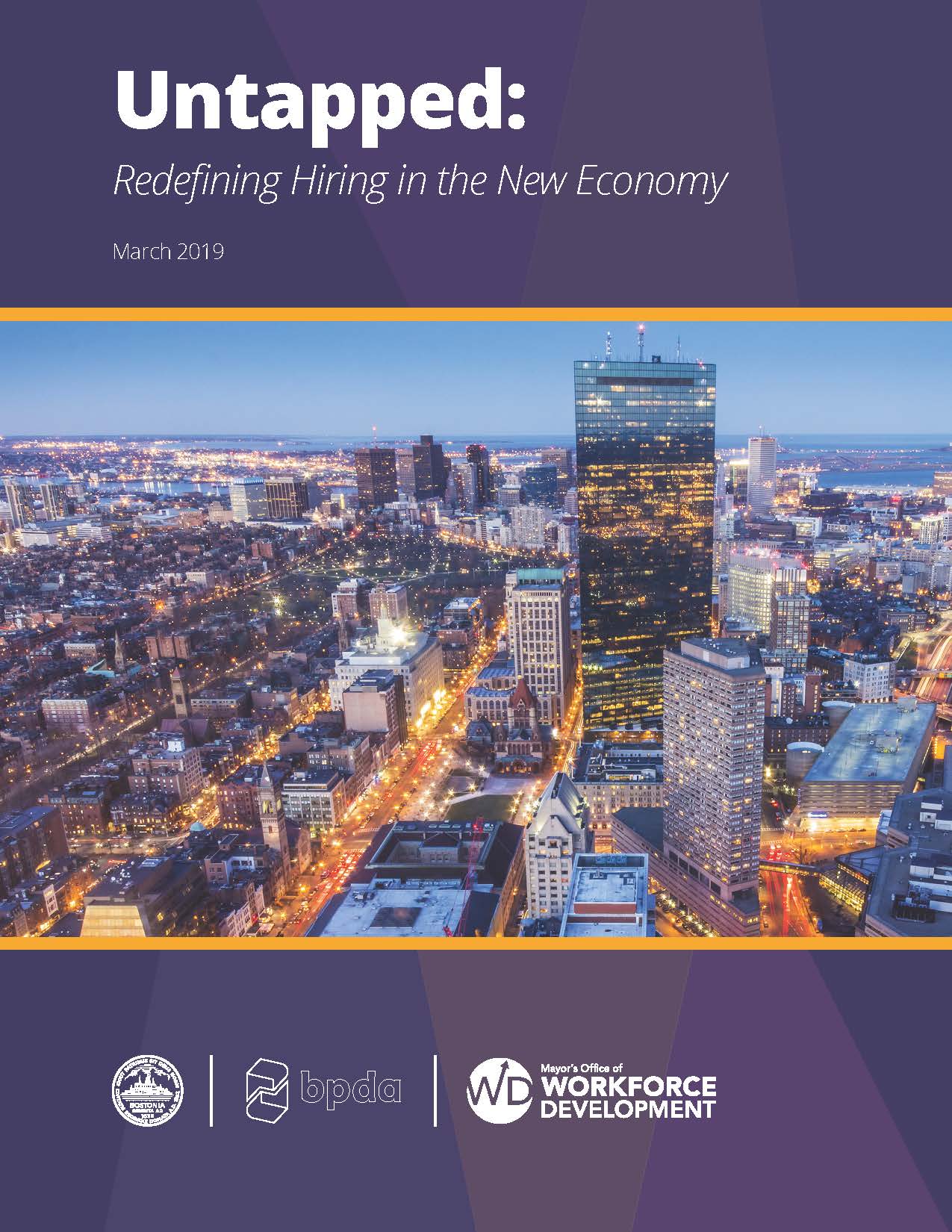The Age Smart Employer Awards -- an initiative of the Robert N. Butler Columbia Aging Center, founded in partnership with The New York Academy of Medicine and funded by the Alfred P. Sloan Foundation -- recognizes the importance of generational diversity in the NYC workforce and, in particular, to highlight the positive significance of older workers.
The Age Smart Employer Awards aims to address this need by researching and identifying best practices, honoring employers who value workers of all ages, and supporting businesses looking to maximize the potential of their workers as they age.
The Age Smart Employer Awards project addresses the needs of both businesses and older workers by:
- Researching best practices of NYC employers, especially small businesses;
- Honoring employers who value workers of all ages through an awards program; and
- Supporting businesses interested in hiring and retaining older workers.
Age Smart employers recognize the value of older workers. By embracing their multigenerational workplace as an opportunity, these visionaries use innovation, flexibility, and creative talent management to stay ahead. They also realize that hiring, retaining, and using older workers strategically can solve a variety of pressing problems business owners face.
Age Smart strategies directly support and utilize the talents of older workers, but these strategies benefit all workers. Age Smart strategies have helped employers lower costs, boost productivity, spark new business, and better align their products and services with New York City’s booming older adult consumer market.
Some businesses don’t realize they’re age smart; Age Smart practices include:
- Flex hours and telecommuting;
- Phased retirement;
- Encouraging mentor relationships;
- Wellness programs;
- Recruiting older workers;
- Cross-training all workers;
- Allowing employees to swap shifts;
- Creating new paths of advancement within a business;
- Enlisting older workers to strategically retain and transfer a business’s networks and knowledge across generations;
- Rewarding employees who model work ethic and emotional intelligence for others; amd
- Ensuring that training and development opportunities are offered to workers of all ages.
Source: Columbia University Mailman School of Public Health, The Robert N. Butler Columbia Aging Center
More information:
Catie Adams
212-342-0441 ca2700@columbia.edu

